There’s no going around it: Virtually everyone deals with gas at one point or another, and probably on a more frequent basis than they’d prefer—and often at the worst possible moments. That’s no coincidence, since gas is usually tied to specific foods, and chances are you’re eating some of those culprit foods in social settings. But you’re human, and probably want to avoid a bout of farting at that formal event or small get-together with friends and family.
Your farts also are a combination of two things: the air you swallow (say, by eating a little fast) and the actual food you eat, says David Poppers, M.D., Ph.D., a gastroenterologist and clinical associate professor of medicine at NYU Langone Health.
To avoid inopportune bouts of gassiness, it can be helpful to know which foods may affect you more than others, as everyone harbors different bacteria in their gut, which are typically responsible for the gas you produce, says Dr. Poppers.
The following 15 foods, however, seem to be common offenders because they all contain varying amounts of non-digestible carbohydrates (fiber is a type of carbohydrate that the body can’t digest, for example), says Christine Lee, M.D., a gastroenterologist at the Cleveland Clinic.
“Most carbohydrates are broken down into sugar molecules, fiber cannot be broken down into sugar molecules, and instead it passes through the body undigested,” Dr. Lee explains. “When that reaches the colon, the bacteria in your colon begins the fermentation process, which produces gas and when it accumulates, you experience bloating.”
Read on for more about these culprit foods and what you can do about them.
Broccoli, cabbage, and other fiber-heavy vegetables
Cruciferous vegetables — like broccoli, cauliflower, cabbage, and Brussels sprouts — are particularly high in fiber, a type of carb your body can’t digest.
“Unlike most other components of food, fiber reaches the large intestine intact,” explains Myers. “The majority of the bacteria in the GI tract live in the large intestine. Bacteria have the capacity to utilize fiber for energy, but the byproduct of their metabolism is gas.”
Oats and whole wheat bread
Whole grains make you gassy for the same reason the vegetables listed above do: they’re equally high in fiber.
You don’t want to skimp on fiber, though, since it’s great for your heart, digestion, and weight. Instead, increase your intake slowly by eating an additional serving of a high-fiber food per day until your stomach gets more comfortable with it.
Drinking enough water during this process will help ease the gas, so for every 5 grams of fiber you add, increase your fluids by 8 ounces, says Myers.
Milk, cheese, and yogurt
Dairy contains a type of sugar called lactose, but many people have trouble digesting it because they have insufficient amounts of an enzyme called lactase, explains Myers, which can lead to bloating, gas, or even constipation.
In fact, about 65 percent of people have trouble digesting dairy as they grow older, according to the U.S. National Library of Medicine.
That doesn’t necessarily mean you’re completely lactose intolerant or allergic, though. Some people are merely sensitive to it, so you can try drinking reduced-lactose milk or taking lactase supplements (like this one) to see if that eases your stomach problems, says Myers.
If you experience severe abdominal pain, though, you should check in with your doc, ideally a gastroenterologist, so you can rule out the possibility of other serious health issues, says Dr. Poppers.
Apples, bananas, and peaches
Your body loves fruit—most of the time. If your stomach feels a bit rumbly after your daily apple, it could come down to the fiber, says Myers.
Fruit is also high in natural sugar, like fructose. “Although it’s less common than lactose intolerance, some people experience gas and bloating from fruit because their GI system doesn’t break down all the sugars in fruit properly,” he explains. “So these carbohydrates reach the large intestine and serve as food for bacteria, which produce gas as a byproduct.”
The biggest offenders include apples, peaches, raisins, bananas, apricots, prune juice, and pears, according to the International Foundation for Functional Gastrointestinal Disorders.
Beans
Beans get their bad reputation for a reason. Most legumes — including lentils, nuts, and peas — are high in fiber, along with sugars your body can’t digest properly, like raffinose and stachyose, according to a study published in the Nutritional Journal.
Bacteria in your intestines break down these sugars, resulting in all sorts of gas, like hydrogen, methane, and even sulfur (responsible for that rotten egg smell).
Rinsing and draining canned beans can help reduce some of these gas-causing properties, says Myers.
Soda and seltzer water
Carbonated drinks can make you gassy because they cause you to swallow extra air, which gets trapped in your GI tract, says Myers. That air eventually has to be released, and the only way out is in the form of gas.
If you must have a fizzy beverage, go with a sugar-free seltzer.
Protein, in general
Protein is important for maintaining and building muscle, but eating too much of the nutrient can lead to major gas.
That’s because protein is broken into amino acids and absorbed into the bloodstream when you eat a normal amount, about one gram per kilogram of body weight, according to Kate Scarlata, R.D., author of The Low-FODMAP Diet Step by Step.
She previously explained to Men’s Health that excess amounts of protein goes right to your colon, where gut microbes have a feast. This makes your body produce hydrogen sulfide gas and leads to farting.
If you’re consuming protein shakes and bars, gassiness may be exacerbated. That’s because they’re often made from the milk proteins casein and whey, which is full of lactose, a major contributor to flatulence.
Artificial sweeteners
Those sugar-free products may have fewer carbs and calories, but they could cause you to pass gas. Artificial sweeteners such as sorbitol, erythritol, and xylitol aren’t completely absorbed by your intestine. This causes you to absorb fewer calories, but the alcohols are fermented by bacteria instead, which can cause more flatulence, bloating, and diarrhea, explains WebMd.
Artificial sweeteners are common in many low-sugar or sugar-free foods, like gum, diet soda, cookies, and protein bars.
Figs, prunes, and chestnuts
As mentioned earlier, any foods that have carbohydrates that your body did not or cannot digest down (such as fiber, which each of these items contain) causes gas, says Dr. Lee.
What to do about constant gas
If gas is becoming a consistent problem, taking a tablet like beano with your meals may help, since it contains an enzyme that makes fart-inducing foods easier to digest, says Dr. Poppers.
Keep a food log
You may also want to try keeping a food log for a few weeks, he suggests. Write down what you eat, how much of it, and how it makes you feel. This can help you pinpoint the worst offenders. Once you have that down, a doc or an R.D. can help you figure out the best way to approach your diet if you want to minimize gas.
Take note of any other bothersome symptoms, like constipation, stomach pain, or heartburn, or nausea, says Dr. Poppers. This way, your doctor can rule out other serious GI issues, like irritable bowel syndrome.
Get more exercise
Dr. Lee also recommends working out to avoid the state of constipation, as the more stool you have in your large intestines, the more methane and hydrogen gas gets produced when fermentation begins in your colon.
“Regular exercise can improve your metabolism and increase motility of your intestines (i.e. helping you to “go”), thereby decreasing gas accumulation,” she says.
Eat more kiwi
Lastly eating more kiwi fruit (provided you are not allergic to kiwi), can also help to ward off gassiness, Dr. Lee says.
“Kiwi fruit has an enzyme called actinidin and this can help upper-tract digestion of a variety of foods,” she says. “Kiwifruit can serve as a digestive aid, as better digestion means sending less undigested carbohydrates to the colon, which in turn means less methane and hydrogen gas production and accumulation.”
Choose rice as your carb source
According to the International Foundation for Gastrointestinal Disorders, rice is the only starch that doesn’t cause gas. So if you already have a salad or some veggies on the side of your main course, choose rice instead of potatoes or whole wheat pasta if you want your meal to go a little easier on your stomach and lessen your chances of being gassy.
Take your time eating
According to the Cleveland Clinic, chewing your food slowly can help to prevent gas. Similarly, avoiding talking while eating can prevent you from inhaling excess air, which can also lead to increased gassiness.
Limit your alcohol intake
Wine and dark beers are known to cause gas, according to the IFFGD, and some forms of alcohol are known to contribute more to odor-forming gas. Limiting your alcohol intake is better for your overall health, so here’s one more reason to cut back on how much you drink on a daily or weekly basis.
Deputy Editor, Prevention
Alisa Hrustic is the deputy editor at Prevention, where she leads the brand’s digital editorial strategy. She’s spent the last five years interviewing top medical experts, interpreting peer-reviewed studies, and reporting on health, nutrition, weight loss, and fitness trends for national brands like Women’s Health and Men’s Health. She spends most of her days diving into the latest wellness trends, writing and editing stories about health conditions, testing skincare products, and trying to understand the next greatest internet obsession.

Health Writer
Melissa Matthews is the Health Writer at Men’s Health, covering the latest in food, nutrition, and health.

Emilia Benton is a Houston-based freelance writer and editor. In addition to Women’s Health, she has contributed health, fitness and wellness content to Runner’s World, SELF, Prevention, Healthline, and POPSUGAR, among other publications. She is also a 10-time marathoner, frequent traveler and avid amateur baker.


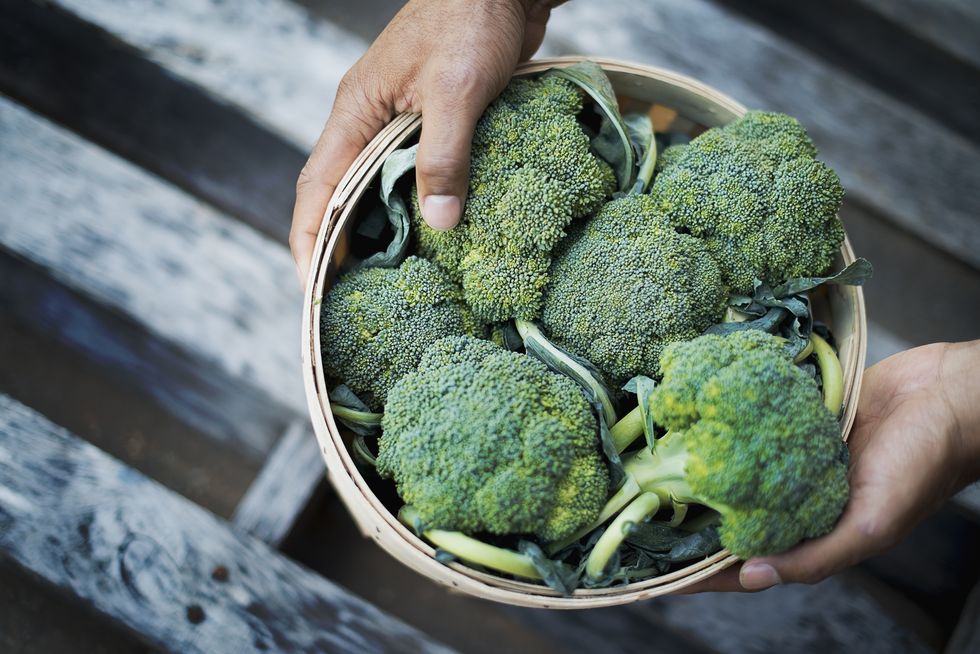
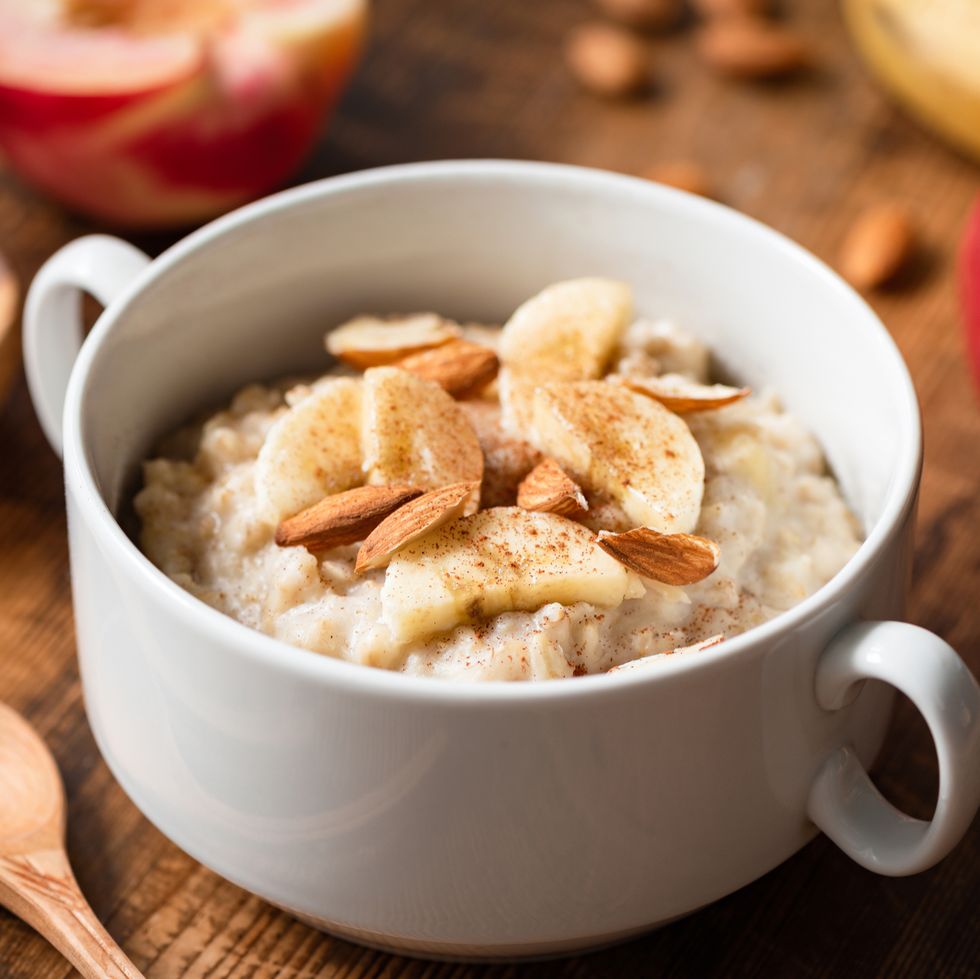
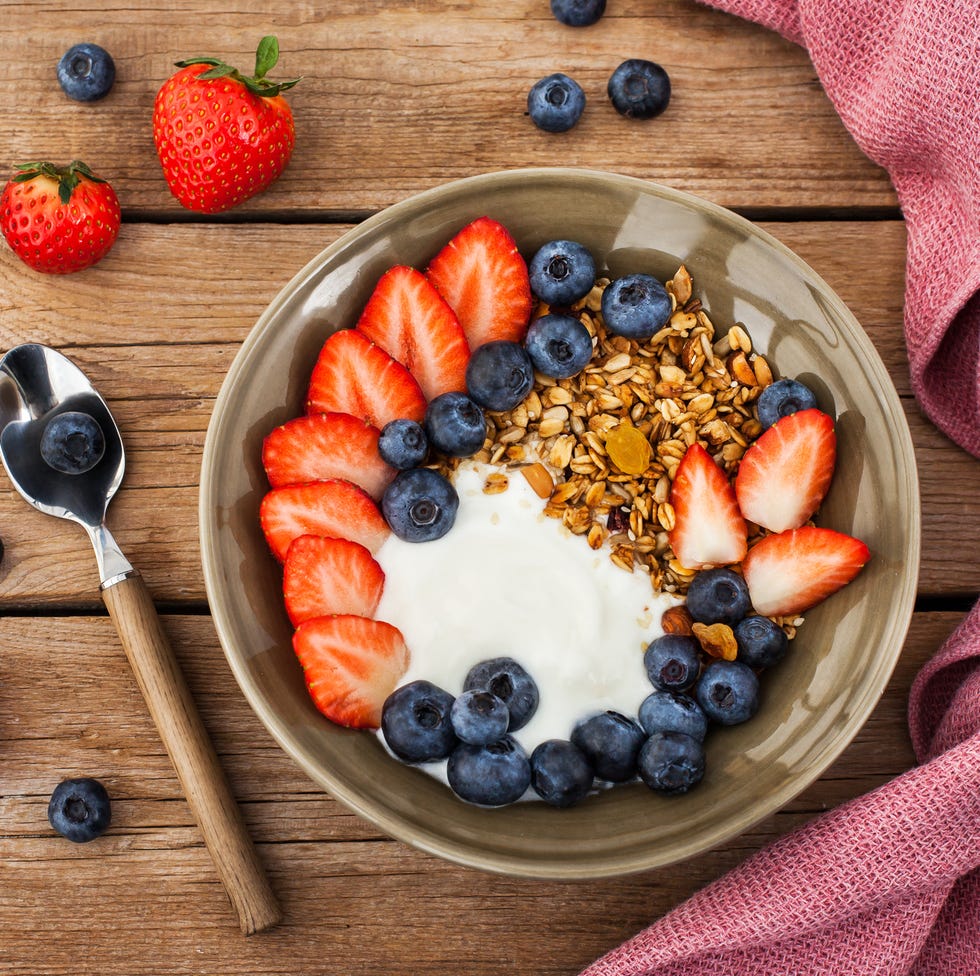
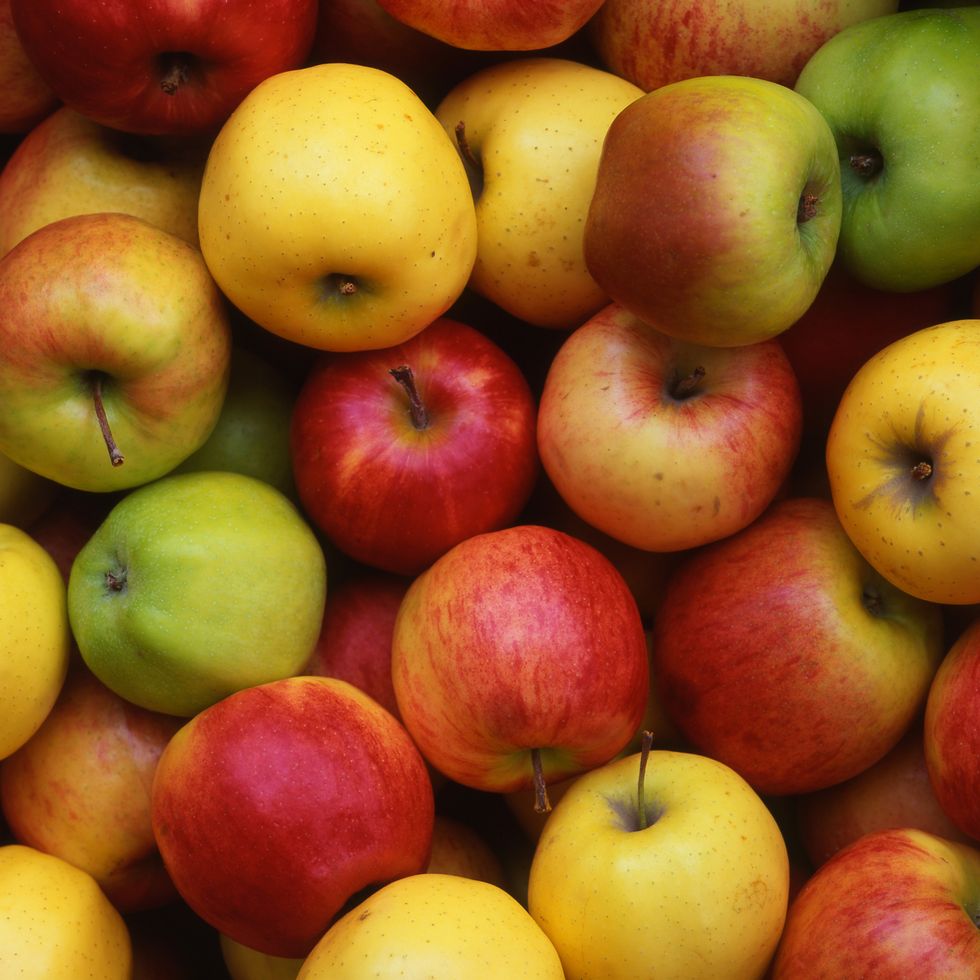

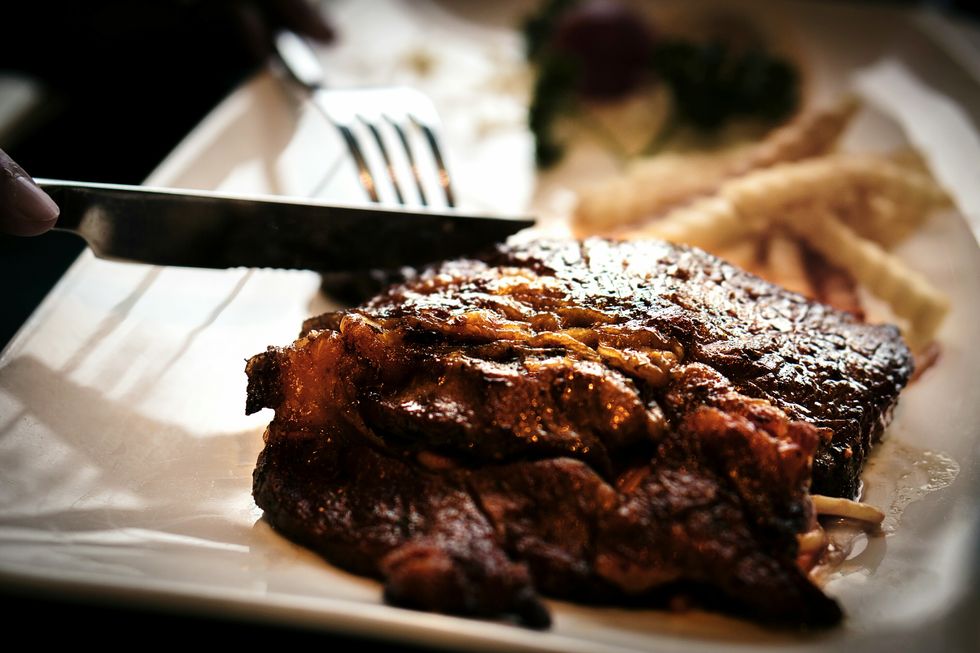
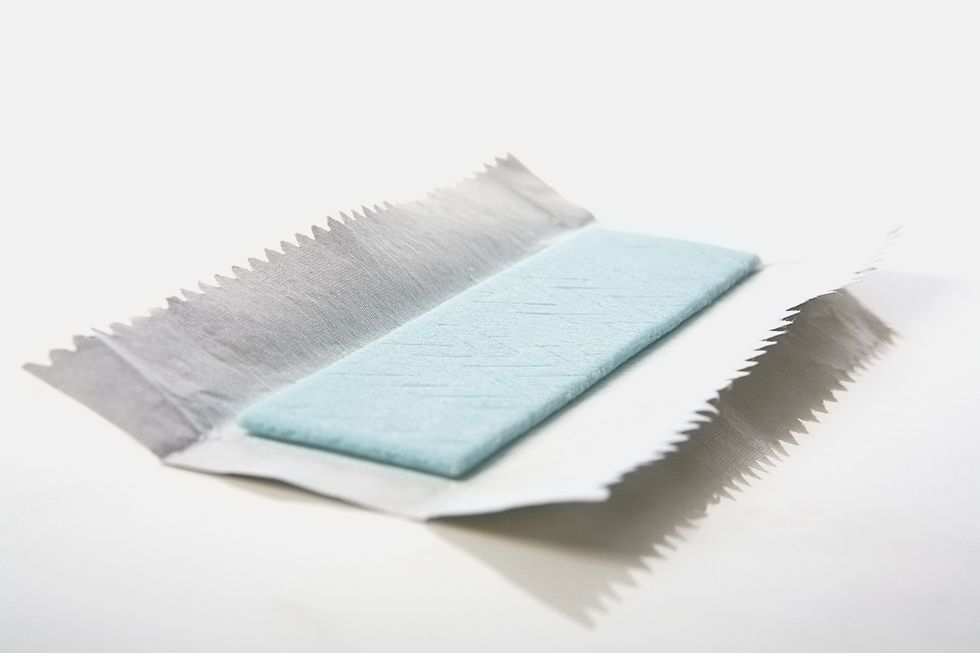
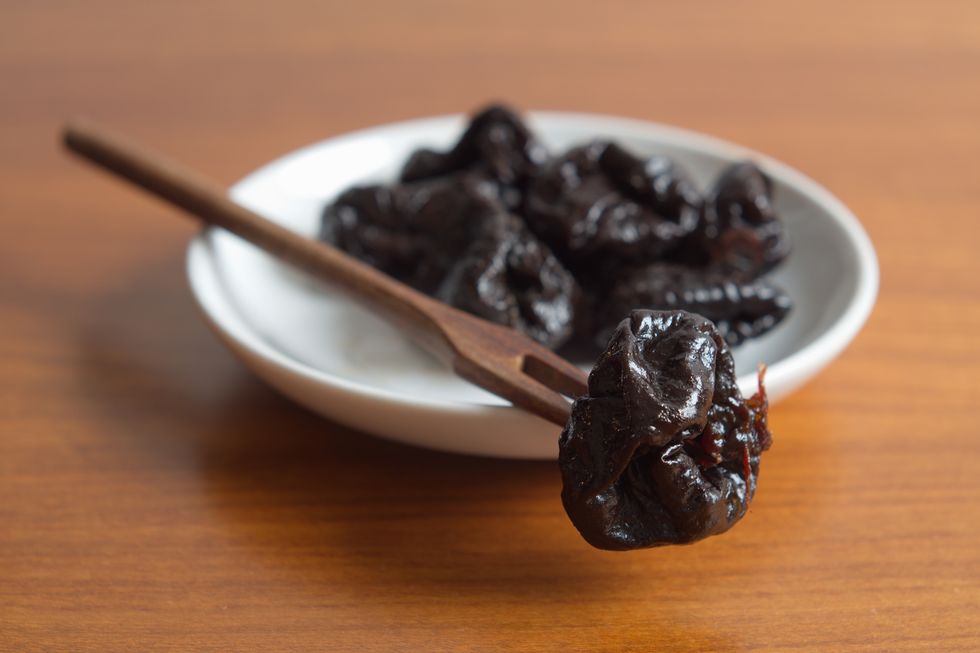
Comments are closed.